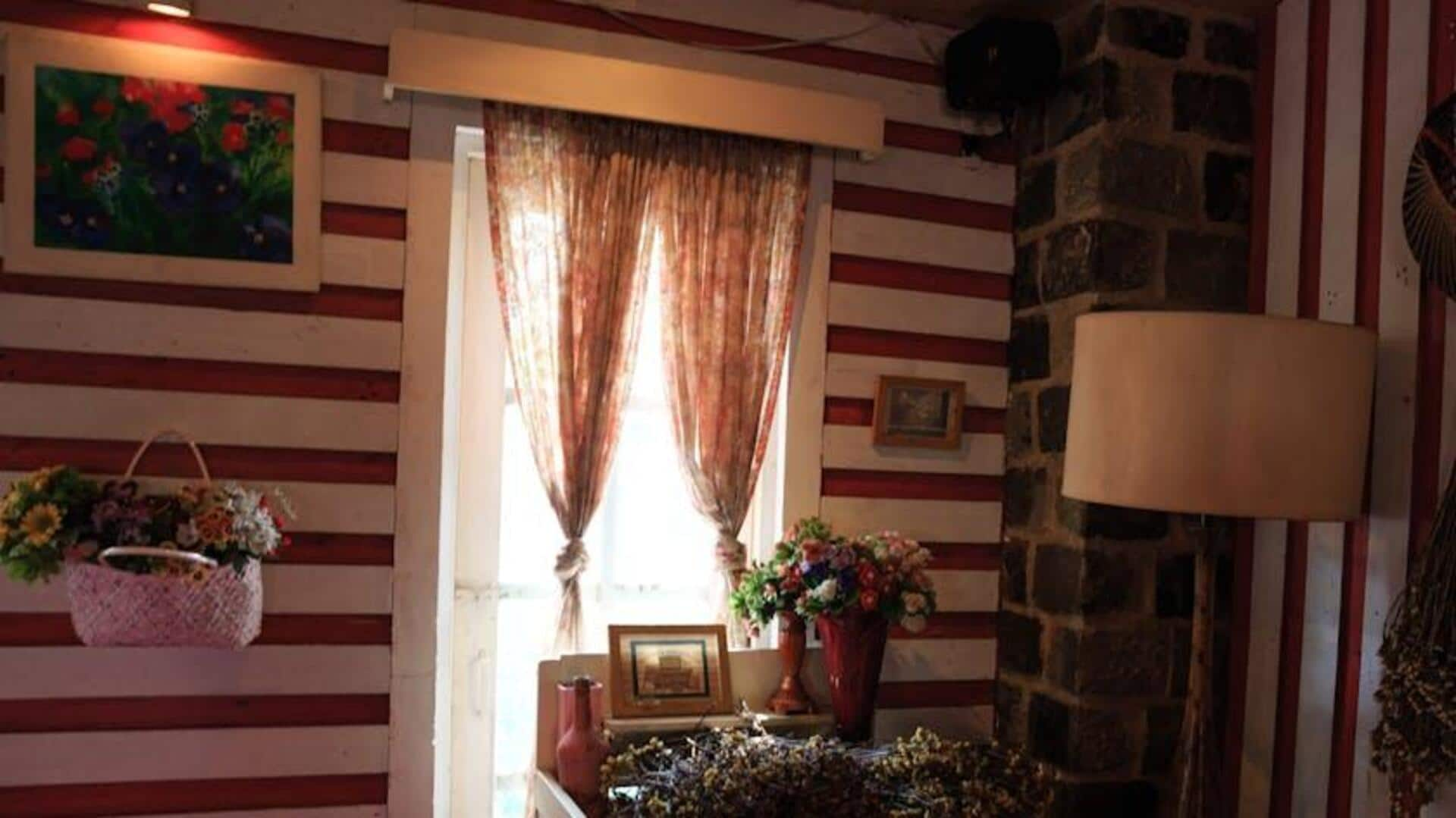
Here's an insurance guide for homestay owners in India
What's the story
The booming popularity of platforms like Airbnb has led to a surge in homeowners in India converting their properties into homestays. This trend benefits travelers seeking unique accommodations and helps homeowners generate additional income. However, one challenge that often arises for homeowners is understanding how to adequately insure their homestay properties. Choosing the right insurance coverage is essential to protect your property and financial interests.
Coverage essentials
Understand your coverage needs
Before navigating the world of insurance policies, it's crucial to determine the unique needs of your homestay. Take into account aspects such as property location, size, and the value of contents within. A robust homestay policy should encompass coverage for property damage, liability for guest injuries occurring on your premises, and loss of income resulting from the property becoming uninhabitable due to insured perils.
Selecting insurer
Choosing the right insurer
Choosing the right insurer for your homestay involves more than just comparing premiums. Evaluate the insurer's track record in claims handling, quality of customer service, and flexibility in policy terms. Some insurers may offer custom policies specifically designed for homestays or short-term rental properties. These can offer more comprehensive and relevant coverage compared to standard home insurance policies.
Liability importance
Liability coverage is key
You can't ignore liability coverage. This component of your insurance safeguards you if a guest sustains an injury on your property and opts to sue for damages. Make certain your policy encompasses sufficient liability coverage; ideally commencing from ₹1 crore is recommended as medical or legal costs can rapidly skyrocket.
Policy update
Regular policy review
Your insurance needs change as you make upgrades or modifications to your property, or if you start using it more frequently. Review and adjust your policy every year or following major changes. This way, you'll always have the right coverage without paying too much for what you don't need. Knowing the risks associated with short-term rentals is key to choosing the right coverages.